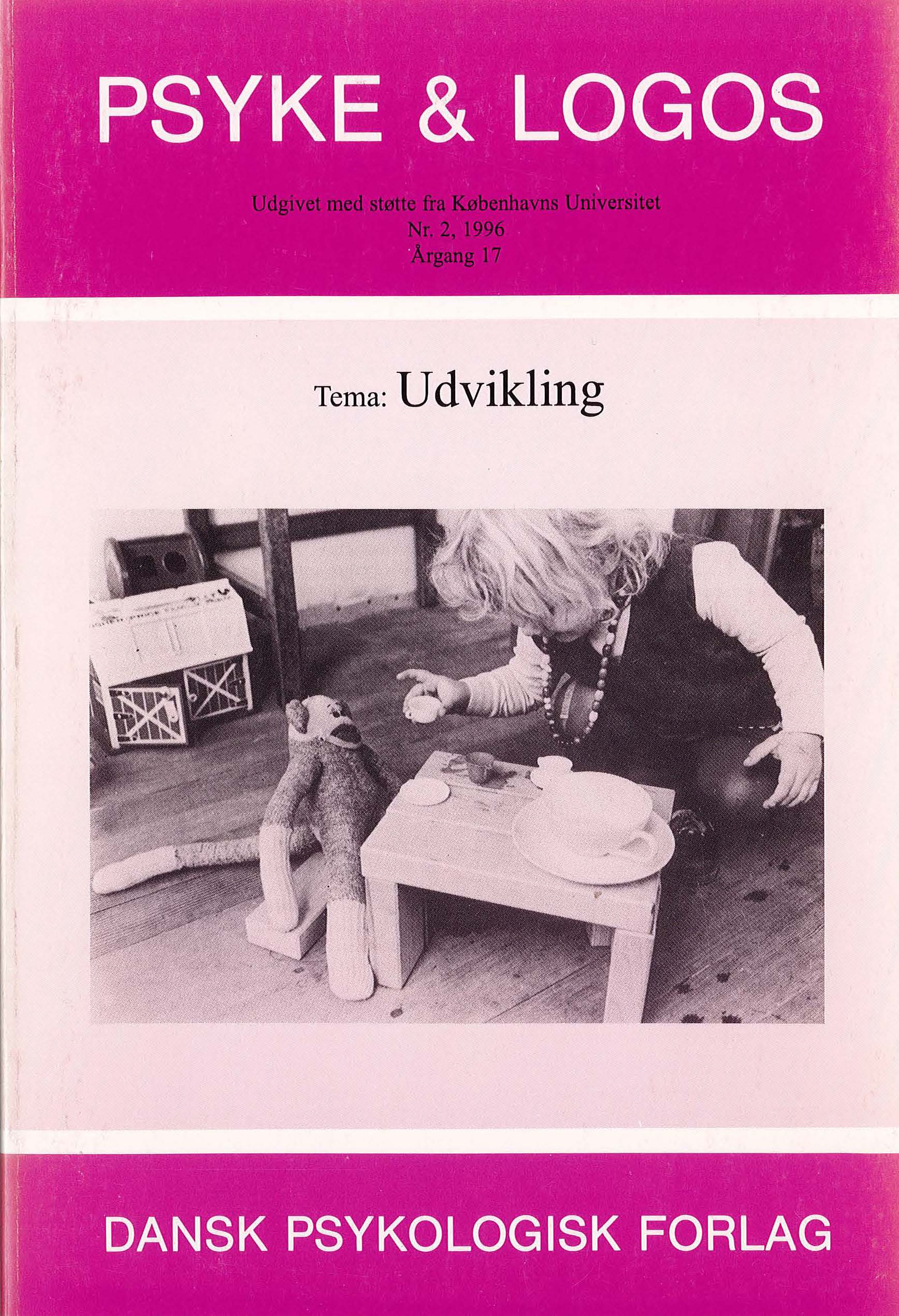FLOWOPLEVELSER-FÆNOMENOLOGI OG TEORETISK REFLEKTION
DOI:
https://doi.org/10.7146/pl.v17i2.133280Abstract
The term flow refers to a particular type of experience characterized by feelings of fusion with an on-going activity, effortlessness and fluidity. This article concerns the results of an empirical investigation and phenomenological analysis of this type of experience. The analysis yields a dislinetion between three types: The experience of happiness, the experience of a good day, and the experience of flow. Furthermore the analysis of flow experiences yields a distinction between three phenomenological structures, termed unity/totality, achievement and other spheres of meaning, identified as arising in different combinations within concrete experiences of flow. These results are discussed in relation to Csikszentmihalyi's theory of flow, Bollnow's theory of moods and Asplund's theory of social responsivity. lt is argued that Csikszentmihalyis concept of flow has a certain affinity to the phenomenological structure termed achievement and that Bollnows concept of ecstasy seem to have a certain affinity to the phenomenological structures termed unity/totality and other spheres of meaning. Asplunds theory of social responsivity is proposedas a possible theoretical frame in regard to all the three phenomenological structures identified in the present analysis of flow experiences.
Downloads
Published
How to Cite
Issue
Section
License
Ophavsret er tidsskriftets og forfatternes. Det er gældende praksis, at artikler publiceret i Psyke & Logos, som efterfølgende oversættes til andet sprog, af forfatteren frit kan publiceres i internationale tidsskrifter, dog således at det ved reference fremgår, at den oversatte artikel har et forlæg i en dansksproget version i Psyke & Logos. Artikler kan frit deles og linkes til på forsknings- og undervisningsnetværk (så som Blackboard). Link foretrækkes, fordi det giver oplysning om brug af tidsskriftets artikler.




